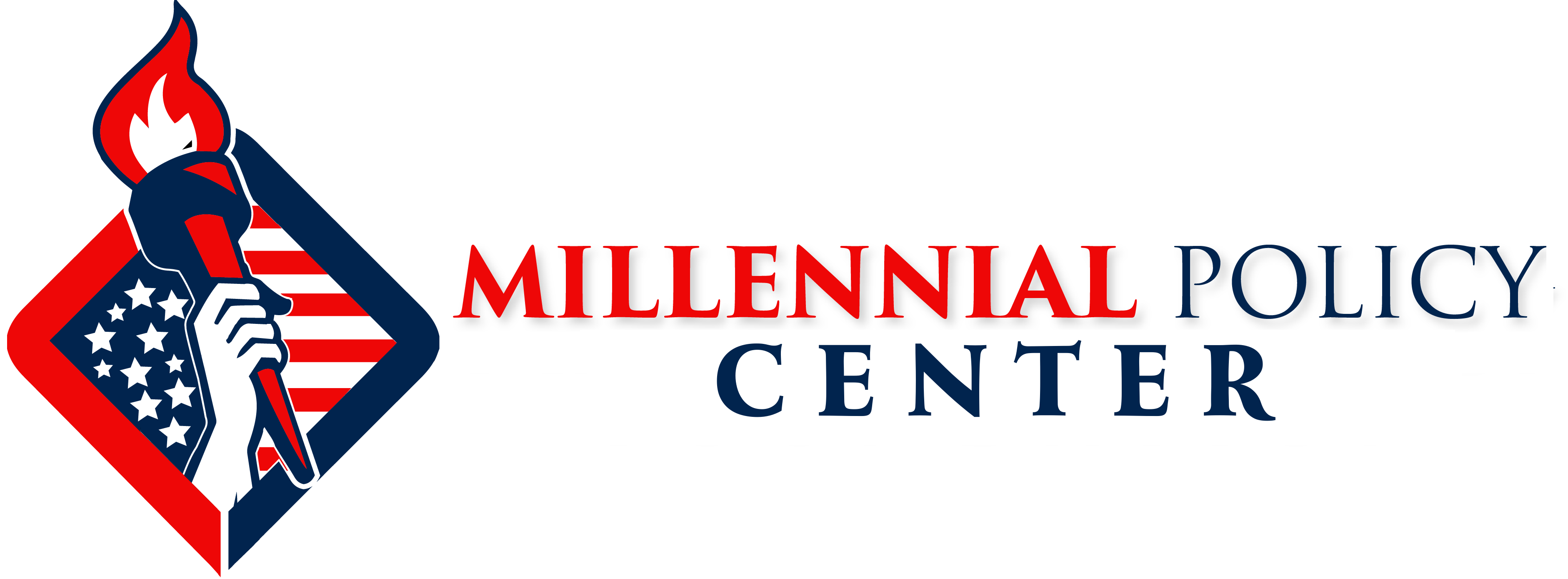After a strong lead-up to the long-anticipated meeting between President Trump and Vladimir Putin, the actual meeting itself left the heart wanting. The week prior saw several initiatives aimed at curbing any area Russia has an advantage over the United States. Energy week was capped off with a plan to sell U.S. LNG to Eastern Europe to fight Russian energy dominance. Patriot Missiles will return to Poland. Vice President Pence visited Kennedy Space Center and recommitted the U.S. to space exploration (American astronauts currently carpool with Russia to get to the ISS). To top it off, President Trump delivered a Reaganesque speech in Warsaw defending Western values, challenging the West to find the will to fight, and explicitly demanding Russia cease their support for hostile regimes. The United States finally had a vision to restore order in the world, or so it seemed. After all of that, what was heard from Rex Tillerson’s readout was not very reassuring.
Russia’s election meddling was undoubtedly going to be brought up. One can only imagine what President Trump feels about the issue. For nine months, Democrats and their media allies have conflated Russian interference with hacking, so it is understandable if Trump feels keeping the matter alive delegitimizes his election, which is why he only ever begrudgingly admits Russia’s role. However, he knew he had to bring it up. Trump needed to unequivocally denounce Russian actions to Putin’s face like he did in his Warsaw speech. Several other Western leaders already have.
Instead, Tillerson’s readout mentions a “lengthy and robust discussion” which led to a disagreement on the issue. Russian FM Sergey Lavrov’s readout stated Trump accepted Putin’s denial, which Trump has yet to counter. Trump also needs to not conflate Russian interference with hacking because his sensitivities are leading to a gross misunderstanding of why Americans are concerned about the issue. That is how we get an agreement “to explore creating a framework…to deal with these cyber threats,” in other words, a joint cyber taskforce which has been bipartisanly described as foolish. Trump had a golden opportunity to silence his opposition on the issue, instead he may have prolonged its relevance.
The Trump Administration is declaring a success by announcing a ceasefire in southwest Syria. Although Syrian ceasefires do not have a good track record, this is still significant because it the first time the United States is partner to one. However, this is also undermined by the readout. It claims that American and Russian “objectives are exactly the same.” They are not. The U.S. has stated our primary objective in Syria is to defeat ISIS, which is questionable at best how Russia prioritizes that. Russia’s primary objective is to support Assad, who the United States has launched missiles against and has accused Russia of complicity in his chemical weapons attack. Where interests may differ, Tillerson stated that Russia may have “the right approach and we’ve got the wrong approach.” In another global hot-spot, the U.S. and Russia reached no decision on North Korea, which was supposed to be pressing issue going into the G-20.
President Trump’s defenders may argue that these kinds of meetings do not usually result in policy agreements and are mostly just PR. That is a valid argument, but PR is important. Putin can now say he is not involved in election meddling and is on the right side in Syria and the United States admits it. Putin can return home saying Russia is now part of the solution, even though they were also the source of the problem. Trump may be in an uncomfortable position with foreign policy, since for now he must deal with global crises through unfriendly governments that have more leverage than him (Syria through Russia and North Korea through China), but the United States still has the stronger hand. The only things going for Putin are his personal persona (he once allegedly brought large dogs into an interview after hearing the journalist was afraid of dogs) and the passivity of the last eight years that allowed Putin to dip his fingers in different baskets around the world from Ukraine and Syria to North Korea and Cuba.
It may be premature to say Putin has sized down President Trump as someone he can trick like he did Presidents Bush and Obama. The aforementioned policies leading into the meeting are significant and they should catch Putin’s ire. Perhaps the confusion resulting from their meeting is part of the cost of having two political neophytes go up against a seasoned and shrewd global actor. To dispel any confusion to the American public and show Putin he means business, Trump should acquiesce to Congress on Russian sanctions and find a strong way to deal with North Korea. That will size him up for sure.
